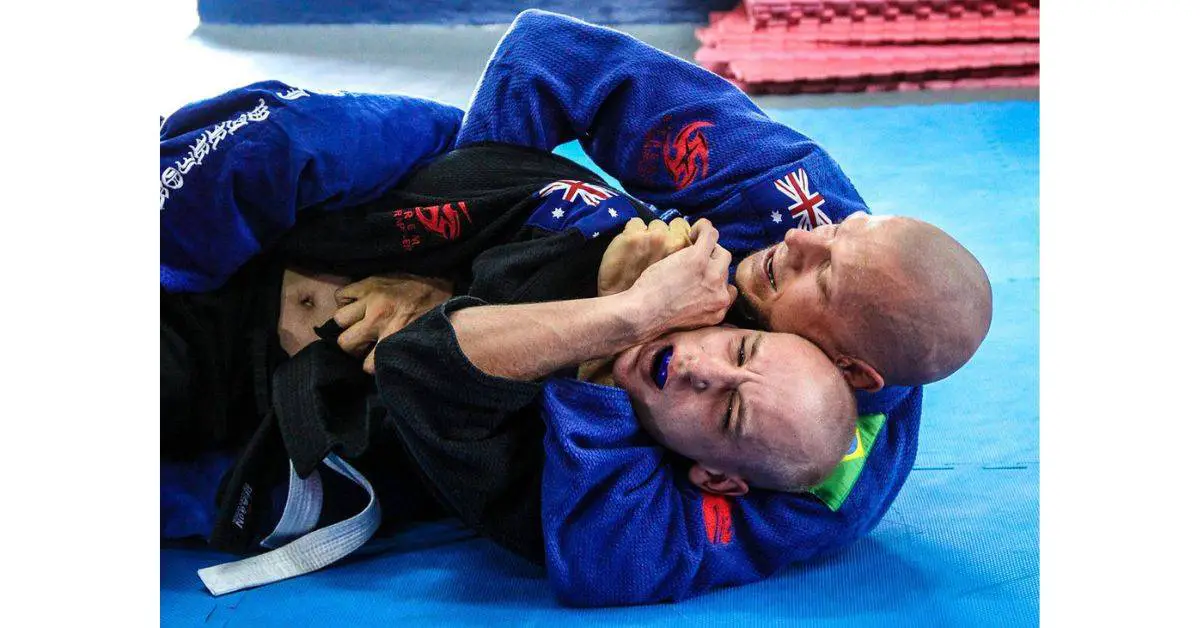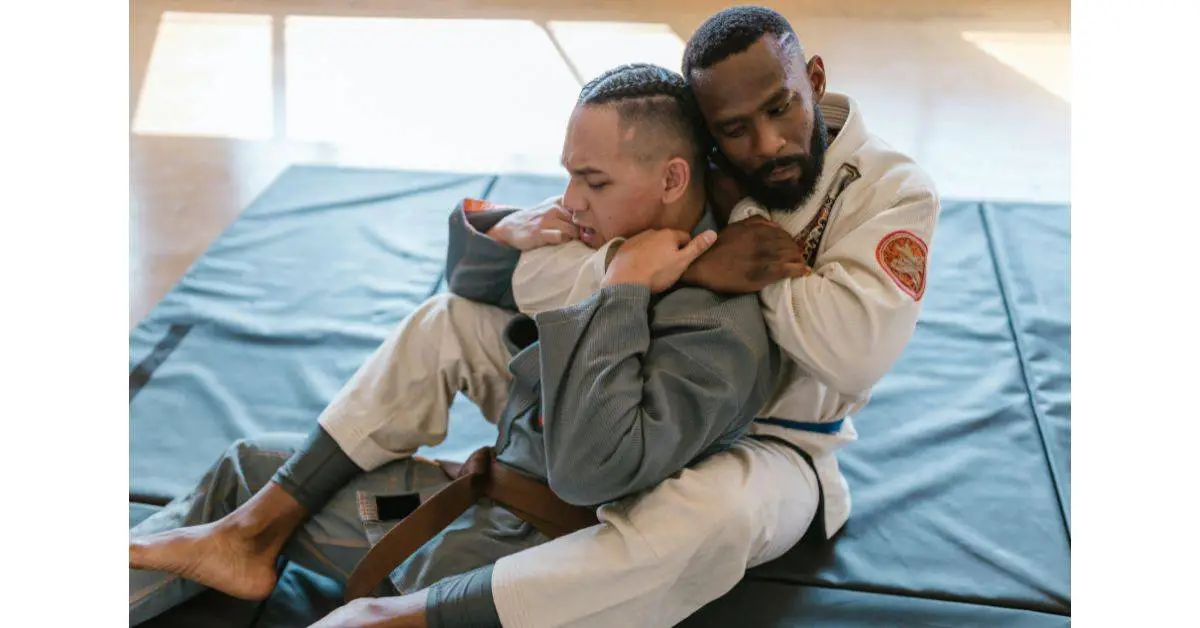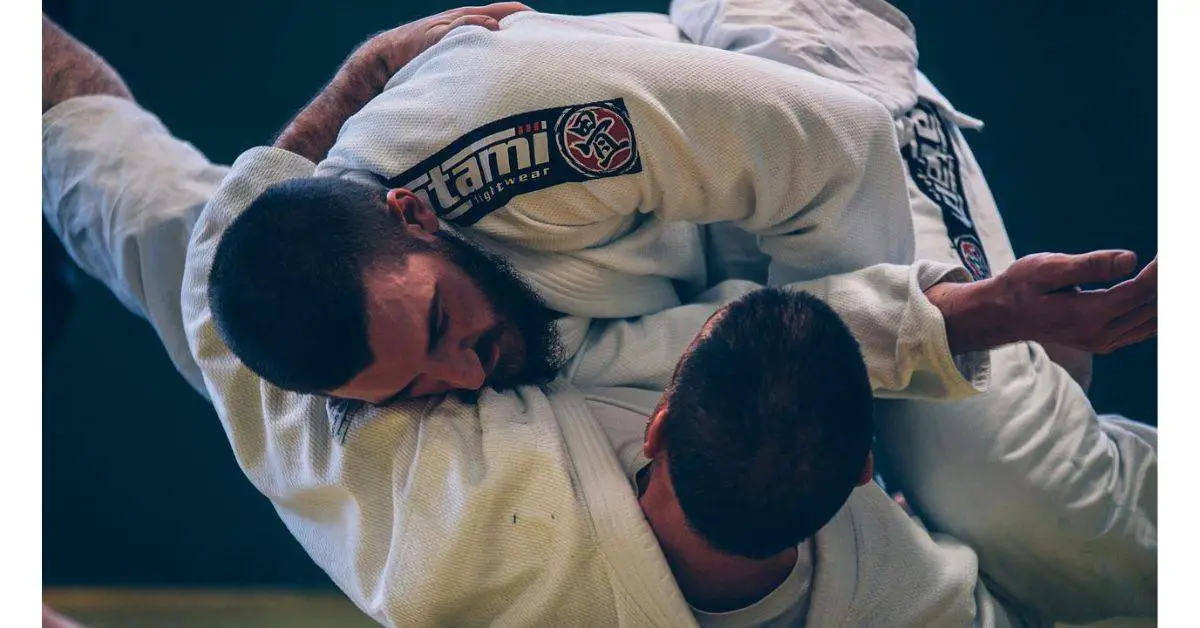Brazilian Jiu-Jitsu has become one of the most acclaimed martial arts in the modern day. BJJ is intriguing because it teaches effective techniques that enable a smaller individual in terms of size to subdue a huge opponent. It has a positive impact on most of its practitioners, but at the same time, it has incredibly addictive properties, especially when a student gets their training groove on and gets the hang of it.
BJJ is addictive because during and after training, the brain releases happy neurotransmitters known as endorphins. When rolling and grappling, your brain switches from thinking about life’s problems to assessing your opponent’s next move; this brings about mental clarity and exhilaration.
Like any other physical activity, BJJ manages stress levels and reduces the risks of depression.
Like a coin, addiction has two sides: positive and negative. Addiction is a term used colloquially or diagnosed medically. A negative obsession with BJJ can be characterized by odd behaviors that disrupt the conventional life cycle.
An example is continuing with training while injured, which can lead to bodily harm. Prioritizing BJJ over one’s career by missing work to go for training is also a sign of addiction. Neglecting one’s duties and responsibilities to their family to pursue the training.

Failing to pursue your previous hobbies and interests and focusing on BJJ is negative. Living and thinking according to BJJ practices outside class is extremely unhealthy behavior.
Before diving in, if you want to save money by training BJJ at home, follow the link to read an article of mine on the best ways to train BJJ at home.
Is BJJ Addictive?
Any activity that gives the individual a high can cause addiction. When engaging in physical activity and endorphins are released, the feeling is pleasurable; thus, an individual will engage in the activity repetitively to experience happiness. So, is BJJ addictive?
BJJ is highly addictive as it activates an endorphin rush in the body. It gives joy from learning new techniques and satisfaction from solving problems. Also, it is an efficient therapy form with tangible rewards through the belt ranking system.
Endorphins are hormones that are released when your body feels pain or stress. They are produced in your brain and act as messengers in your body. Endorphins are produced to help relieve pain, reduce stress and improve mood.
SOURCE
Winning matches or conquering the opponent in BJJ leads to feelings of happiness and accomplishment. Training in it has tangible rewards through a belt rank system. Getting a higher belt rank in BJJ is every student’s dream; therefore, it brings great joy. People often practice martial arts for the sole reason of the excitement it brings when these events occur.

Like playing a crossword or working on a Rubik’s cube, BJJ extensively challenges the brain. It involves discovering your partner’s next move and how to overcome it. This quest requires the student to think and act fast. People typically get satisfaction from solving life’s puzzles, and our case is no exception.
Learning new techniques is thrilling and makes BJJ extremely addictive. Every class offers something new to learn. Even after getting to the highest belt rank, practitioners keep learning new things because BJJ is an ongoing learning process.
BJJ is therapy as it improves mental health and battles depression. Depressed people do not live in the moment and constantly think about their problems. BJJ shifts your state of mind to focus on the training at hand and forget life’s troubles.
What Makes BJJ Addictive?
We can say one is addicted to BJJ colloquially if one dedicates a lot of time and energy to training. Going through what makes the art of grappling addictive will elaborate on this further.
BJJ is addictive because it produces tangible physical results in fitness. It gives one the desire to improve their technique and enables one to be a part of the BJJ community globally. Students meet fascinating people from various backgrounds. BJJ is mentally stimulating and activates the release of happy endorphins.
The happiness one gets after a session of rolling and grappling in BJJ is enough to make a student come back for the following session. The pride of walking out of a class is unparalleled. Also, grappling exercises stimulate the mind as it challenges the student.
When students begin training in BJJ, they might find it hard because they are unfit. Nevertheless, after months of training and proper nutrition, the student experiences weight loss and muscle definition. Once they achieve the desired physique, the student must keep training harder not to go back to being out of shape.
Compared to other activities, students in BJJ classes form a profound camaraderie. Rolling and sparring in Jiu-Jitsu enhances trust and team spirit among the students. This togetherness is important for many and can be upheld by participating in classes often.
After executing a few basic techniques, the urge to perform advanced techniques occurs. The student will get a positive addiction to constantly attending class and refining the techniques. Constant improvement is a motivating factor that keeps one drawn to one thing.

Practicing BJJ earns one a spot in the international community. The idea of being part of a greater movement is exciting and fulfilling. Communicating with other trainees worldwide on different platforms is exhilarating as you get to share experiences and knowledge.
What Does BJJ Do To Your Body?
Different people want different outcomes from BJJ training. Some want to burn calories, while others want to gain muscle mass. Assessing what BJJ does to the body can help one achieve the desired outcome.
BJJ is an effective exercise to help build muscle mass and shed extra calories. It is an intense workout that uses the major muscle groups: upper torso, lower torso, and core muscles. Brazilian Jiu-Jitsu is a full-body workout that can get one in shape. An hour of training can burn up to 1200 calories.
Practicing BJJ is an excellent way of losing weight as it involves extreme exercises that burn 700-1000, calories in the body. Its rituals encourage healthy living and eating habits.
BJJ training incorporated with proper nutrition and recovery can lead to muscle growth. Exercises in Jiu-Jitsu stimulate hypertrophy that uses nutrients in the body to facilitate the regeneration of muscle tissues.
BJJ is a full body workout that works the main muscles, acting as efficient cardio that gets one in shape. Cardio improves cardiovascular health.
Before we continue, I encourage you to buy a grappling dummy, so you can progress in grappling at home. I wrote an article on the best grappling dummies for your money, and another one on how to fill them properly. Do check them out.
How Many Times Should I Do BJJ In A Week?
Many factors affect the training frequency, but many relate to the student’s personal life. What is the standard frequency a student should train BJJ in a week?
BJJ trainees should attend training up to three times weekly on non-consecutive days to avoid overworking their muscles. The former ensures adequate time for muscle recovery. By following this limit, you’ll ensure you have enough recovery while maximizing your learning.
After all, overtraining can stop you from training for weeks or even months. So, ensure you don’t overwork yourself by training every day.
A student should determine why they are training BJJ; this will impact the frequency at which they attend classes. For one to become a world champion, they are most likely to increase the frequency of training. Whether one is learning this martial art for fun or to acquire self-defense skills, three times a week does the job.
Training three times a week produces optimum results by making speedy progress and avoiding burnout. Training only once a week will cause slow progress, poor precision, and bad timing. Remembering techniques that are taught in the previous week’s training is very difficult when practiced once or twice a week.
Alternatively, if a practitioner has a passion for the martial art but lacks time to train due to a busy schedule, they can use online sources to learn and practice BJJ at home.
Final Words
Practicing BJJ has many benefits, but excessively obsessing over the same can be detrimental.
BJJ can be addictive due to the endorphins released by the brain during and after training. Training, proper diet, and muscle recovery can build muscle mass and aid in weight loss. To ensure muscle recovery, one should do BJJ training at least three times a week to facilitate muscle repair.
BJJ practitioners should ensure they spend healthy time and energy training to promote a positive addiction to this martial art. Take up a BJJ class today and incorporate discipline to get optimum results.
If you enjoyed reading this article, I recommend reading another piece of mine on why BJJ is suitable for self-defense.

